Though he is likened to a ‘Prime Minister of no substance’, Oli is trying every trick in the book to remain in the saddle
A desperate Prime Minister KP Oli is leaving no stone unturned in consolidating his position. In doing so, he is making compromises that were once the exact opposite of his ultra-nationalistic outlook. After failing the confidence vote in Parliament on May 10, 2021, due to withdrawal of support by archrival Pushpa Kamal Dahal ‘Prachanda’-led Maoist party, Oli had to resign. However, benefitting from the nexus with President Bidya Devi Bhandari, Oli was once again appointed as the Prime Minister considering his Communist Party of Nepal (UML) was still the largest party in Parliament. While the Opposition had requested the President to allow them to form the Government, Bhandari was in a hurry to appoint Oli.
Oli, on the other hand, appointed senior leader Rajendra Mahto as the Deputy Prime Minister, who is leading a faction of JSP and extended support to Oli. Mahto’s appointment comes as a surprise as he had opposed Oli’s anti-Madhesh ideology and criticised him for stopping the first amendment of the Citizenship Act. As a proud Khas-Arya (high caste hill people), Oli had vehemently opposed any amendment to the Citizenship laws which prevented Nepali citizenship to the children of a Nepali mother married to a foreigner. After Mahto supported the Government, Oli had recommended Citizenship Ordinance on May 23, which was promulgated within minutes. The ordinance will allow the issuance of citizenship by descent to all those children born to Nepali mothers whose fathers’ whereabouts are unknown before September 20, 2015.
The ordinance is seen as part of the horse-trading pact between Oli and Rajendra Mahto to appease the Madhesis. Oli’s long-term critic CK Lal claims that accommodating Mahto must not have been easy for a “populist demagogue to ignore xenophobia, swallow his jingoistic pride and accept Rajendra Mahto as the Deputy Prime Minister”. Meanwhile, the legality of the ordinance remains in question as it requires approval by Parliament within 60 days. Since Parliament has been dissolved on May 21, the apex court has stayed its implementation as it could lead to long-term implications. A five-member Constitutional Bench has also issued show-cause notices to the offices of the PM and President to clarify on House dissolution on May 21 and shuffling of the Cabinet.
Feuds Within: To suppress the rising opposition within the UML, Oli has appointed party leader Raghubir Mahaseth as the Deputy Prime Minister. Mahaseth is also appointed as the Minister of Foreign Affairs despite having no experience in the field. Another UML heavyweight, Bishnu Poudel, has been appointed Deputy Prime Minister and continues as the Minister of Finance. At the same time, Oli has removed Deputy Prime Minister Ishwar Pokhrel and a total of 13 Ministers, including Health Minister Hridayesh Tripathi and Foreign Minister Pradeep Gyawali, who carried out ill-intended foreign policy decisions towards New Delhi during the border row. In the past, Oli had suspended party leaders for speaking against him. However, in the present circumstances, more suspensions may lead to a credible opposition to Oli within the UML.
Misunderstanding resolved: Within a year of issuing a controversial map of Nepal showing India’s territory as its own in the Kalapani region, accusing India for COVID-19 spread in Nepal, claiming that lord Ram was born in Nepal’s Birgunj. In an interview to the BBC, Oli said: “Yes, there were misunderstandings at one time, but now those misunderstandings are gone. We should not be stuck in past misunderstandings but move forward looking at the future.” He also requested India to supply COVID-19 vaccines as a good neighbour. Although Oli did not clarify on what he meant by “misunderstanding”. With such remarks, Oli is again trying to reach out to New Delhi with his Madhesh card.
At present, almost 50 per cent of the Oli Cabinet consists of Madhesi leaders, which is a complete U-turn from his longstanding prejudice against the idea of Madhesh and Madhesi people. Knowing that the Khas-Arya may come after Oli for compromising with the Madhesis, Oli has no alternative to keep the premiership safe until new elections in November.
While Oli’s rapprochement towards India is short-term and politically motivated, in the hindsight it showcases the strong cultural and people-to-people links between Nepal and India. It is also a strong answer to China’s deep-pocket diplomacy in Nepal. For decades, China has been trying to create artificial people-to-people ties with Nepal. However, Beijing often forgets that it was Tibet with whom Nepal had cultural ties and Tibet’s forced annexation in 1950 did not transfer cultural claims to China. Therefore, Beijing needs to learn that political relations with Nepal are a result of a short-term compromise in Kathmandu. India has always supported the democratic aspirations of the people of Nepal and stands alone as the top development partner. China’s expansionist outlook will sustain neither in Nepal nor in South Asia. Nevertheless, it will be difficult for India to fully trust Oli.
(The author is an ICSSR Doctoral Fellow at the JNU and Visiting Fellow at the Asian Institute of Diplomacy and International Affairs, Kathmandu. The views expressed are personal.)
(Courtesy: The Pioneer)







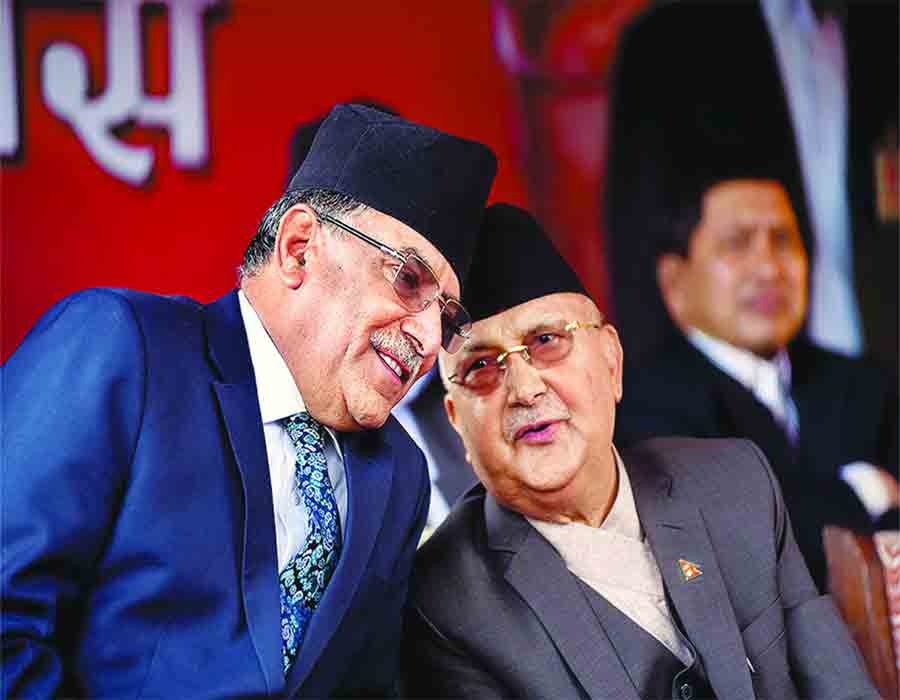
 OpinionExpress.In
OpinionExpress.In
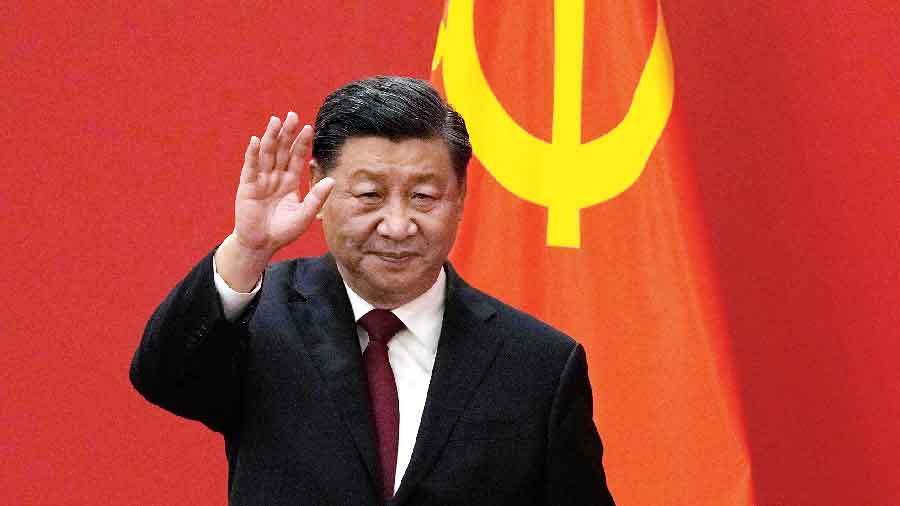

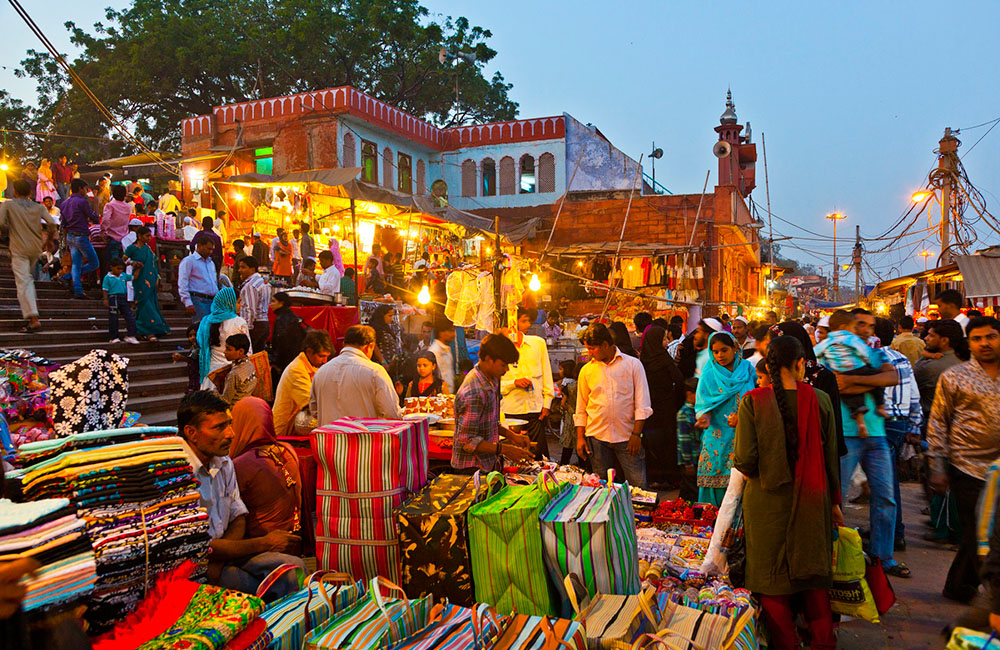
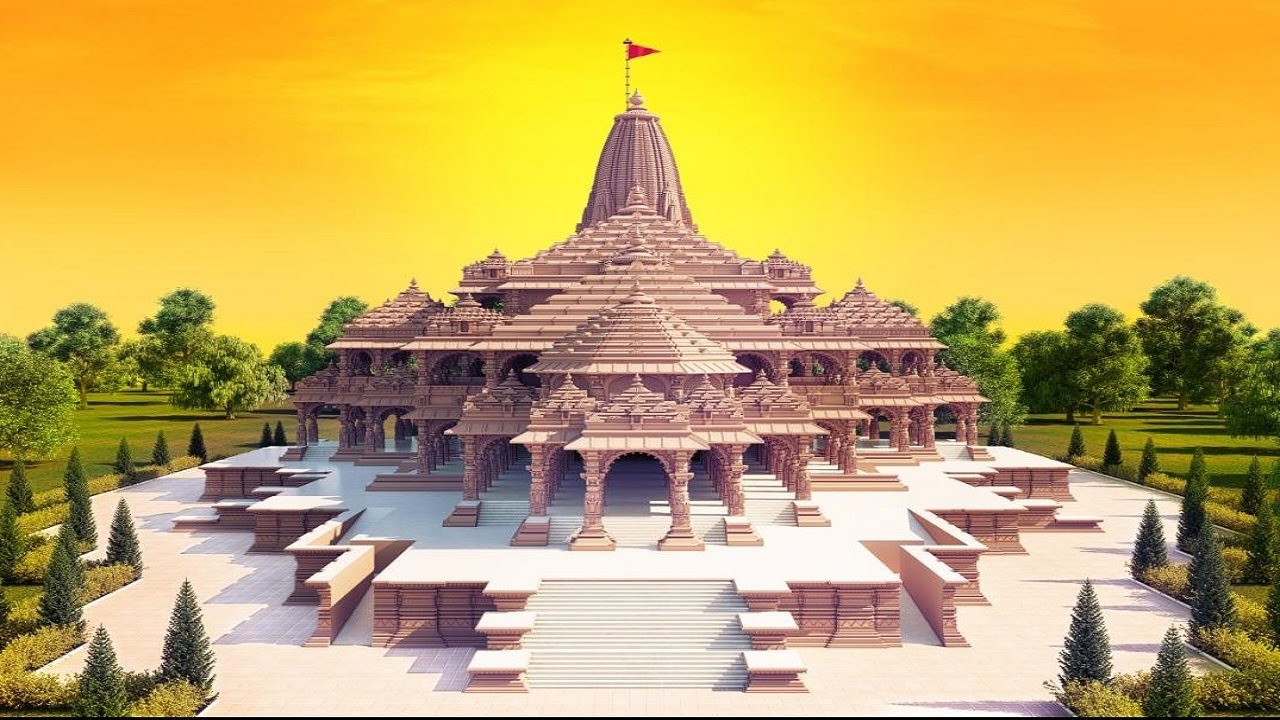
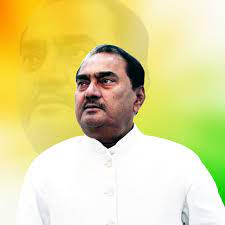
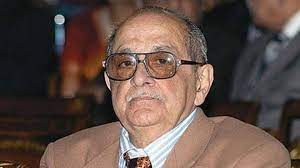
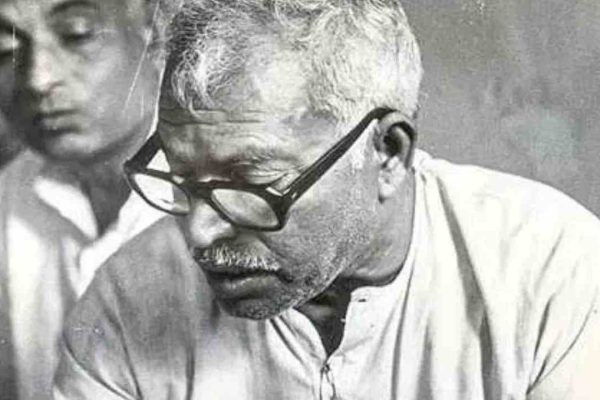
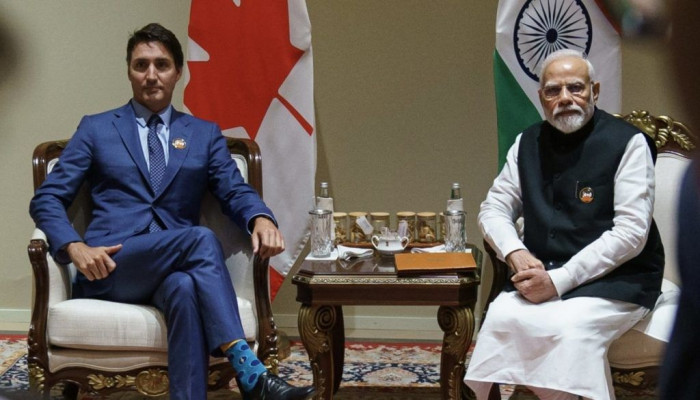
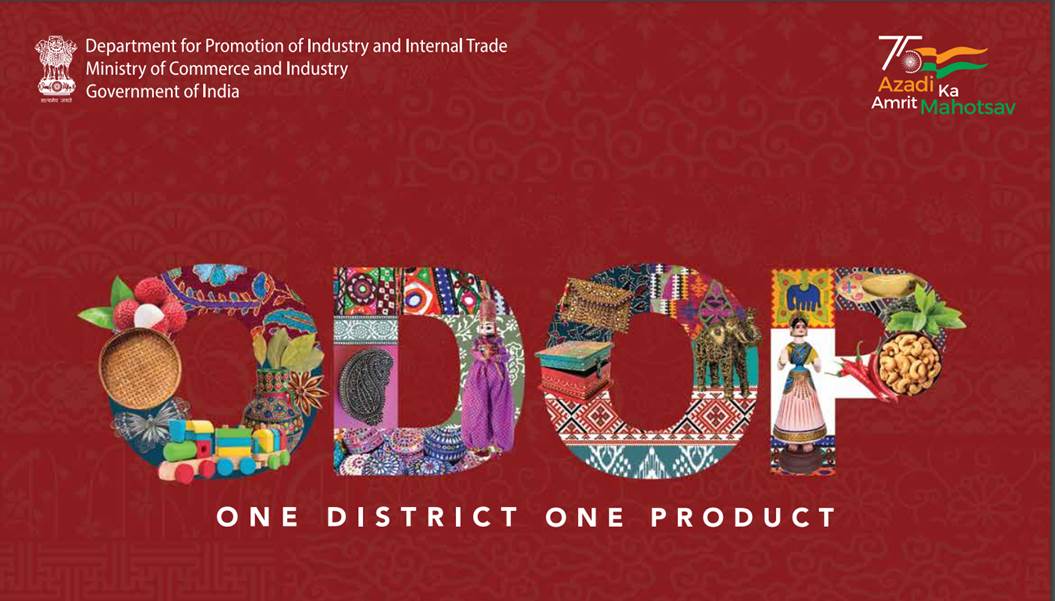






Comments (0)